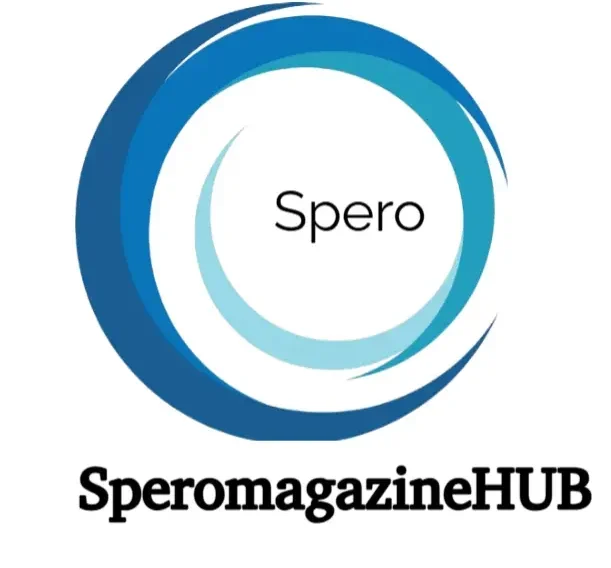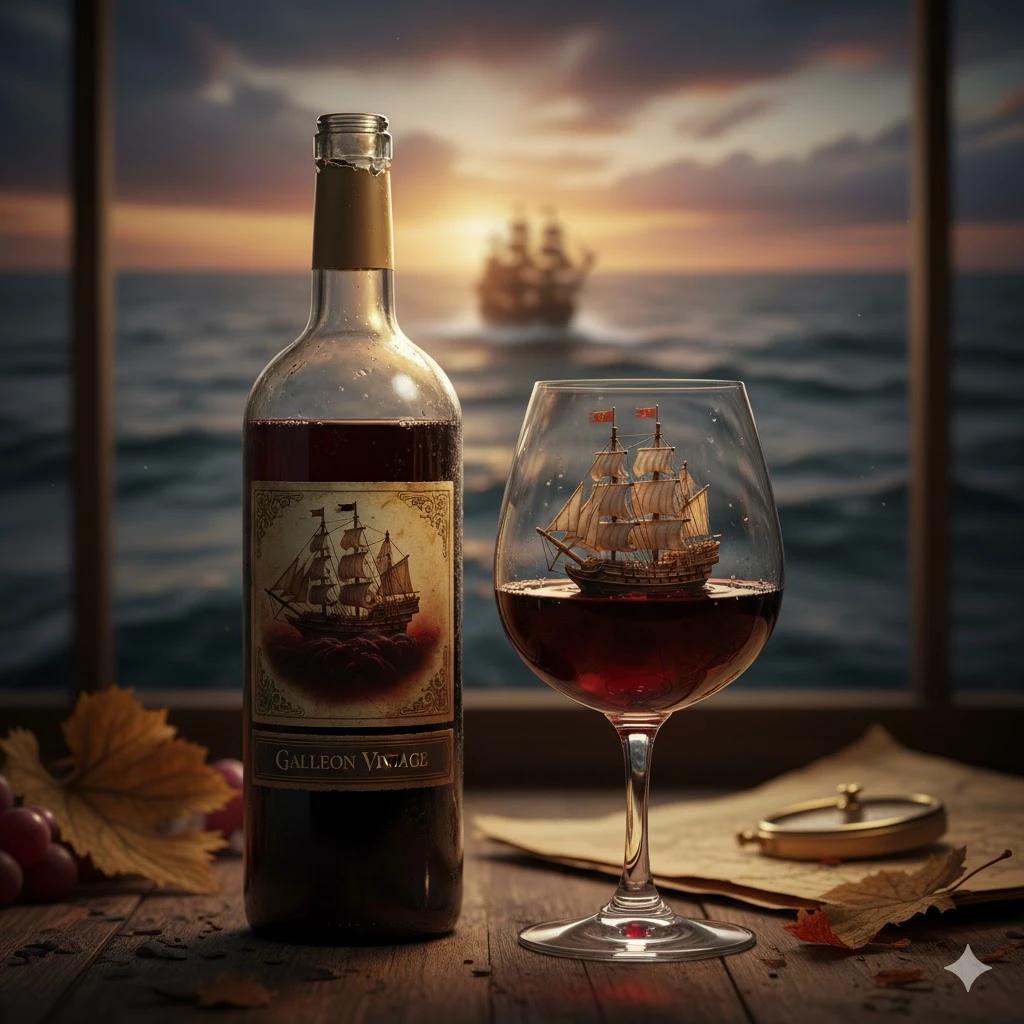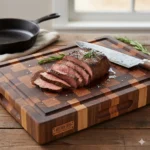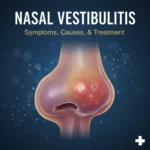Imagine old ships full of treasure. Gold. Spices. Wine, of course. This image? It’s the soul of Galleon Wines. They are a modern wine importer. But the name isn’t just decoration. It’s deliberate.
Here’s the thing. Galleon Wine isn’t one vineyard. It’s a business. They select and import global wines. That’s their job. But wait. There is a small winery called “Galleon” in South Africa. That makes it confusing. So, the story has layers. Many layers.
We’re gonna walk through this now. You’ll get the facts. And the feeling. The decision-making. The ambition they got.
What Galleon Wines Is
The Name and Who They Are
The name means something. A galleon was a classic ship. Exploration days. That vessel conjures up cargo holds. Treasure. Exotic trade routes. They use this image. Galleon is part of the Dandurand Group. Their name is supposed to suggest those ships. Carrying the best wines. Simple.
The metaphor is central. It’s their mission. They act as a modern “treasure ship.” Bringing high-quality wines. Sometimes wines nobody knows about.
Most often, Galleon Wines is not a producer. They are a wine importer. A distributor. A curator. The company is based in Canada. Quebec. They operate under the larger Groupe Dandurand agency.
So, when folks talk about “Galleon Wine,” they usually mean the portfolio. The collection the Canadian importer sells. But confusion happens. People mix it up with that South African winery. It muddles the discussion.
The Dandurand Connection
Groupe Dandurand is an old Canadian wine import business. Decades old. Galleon is one of their brands. It’s a platform. This gives them flexibility. Better branding. It lets they focus on small, specialized selections. Outside the normal distribution channels.
The strategy is smart. Storytelling sells wine. A strong brand gives you a story. It builds customer trust. Allows premium pricing.
My sense, what I see in their marketing, is they try to balance two things. Not too niche. Not hard to find. But not so common it loses its edge. They import fine wines. Lots of older European regions. And sell them to smart buyers. Sommeliers. Boutique shops.
What Galleon Imports
Let’s look at their products. Their strategy. What makes them different.
Selection and Styles
Galleon is basically a curator. An importer. Their strength is variety. And being selective.
Look at their online shop. You’ll find Red, white, rosé, and sparkling wines. Including Champagne. They select “exceptional wines.” “Curated” bottles. Their red wines come from Burgundy, Bordeaux, Italy, Spain. Newer wine regions too. They show categories like “wines under $40.” To help people on different budgets.
Their “Sparkling Collection” is strong. Champagne, Franciacorta. Good stuff.
They don’t try to stock everything. That’s good. They position their curation as thoughtful. “We choose producers with quality and authenticity,” they say.
For a wine lover, this catalog is like a small, great wine shop. Global scope. Not a huge supermarket mess.
Where They Sell and How
Their home base is Canada. Quebec. They sell to customers in other provinces too. Online orders. They’ve done special campaigns. A sparkling wine push in Ontario. They use social media. Connect with buyers on Instagram.
They are more than just a “digital wine shop.” They work with the wine trade. Restaurants, bars, retailers. They give them access to wines. Wines hard to find locally.
The importer model helps them buy big. Negotiate with wineries. Handle shipping. Customs. Storage. Licensing. All the complex stuff. Canadian liquor laws are complicated. A strong internal system? Essential.
Quality and Trust
A brand like Galleon sells “fine wines.” Consumers expect quality checks. Is it real? Good history? Fair price?
- Galleon emphasizes “quality and authenticity.” When they pick producers.
- Their website is clear. Categories. Filters. Helps manage expectations.
- They seem to work with trusted wineries. Good import channels.
Sometimes importers get criticized. High markups. Bad bottles. But I didn’t find any public scandals for Galleon.
Simple fact: reputation matters a lot. In fine wine. If a bottle is bad, trust is gone. Galleon walks a tight line. Must be careful.
The South African “Galleon” Winery
Here is the confusing part. A winery named Galleon exists on sites like Vivino. It is not the Canadian importer.
The South African Winery
This small winery is in Tygerberg, South Africa. They sell a couple of wines. Cabernet Sauvignon. Pinotage.
The ratings are modest. It’s not a globally famous name. It probably sells mostly to local markets.
Hard to find detailed history on this place. It could be a small brand. Or a label inside a bigger company.
The main takeaway: don’t mix up the Canadian importer Galleon Wines with the South African “Galleon” estate. The shared name confuses buyers.
Strengths and Challenges
Strengths
- Branding: The galleon idea is clever. It gives the brand an identity. Not just a name.
- Curation: They select carefully. Not just mass inventory. This prevents dead stock. Builds their reputation.
- Dual Sales: They sell to the trade. And directly to consumers. Flexibility. Better profits.
- Canadian Advantage: Being in Quebec. Having ties to local liquor structures. It helps them navigate the tough regulations.
- Special Collections: Highlighting sparkling wines. Draws attention. Creates a niche.
Challenges
- Regulations: Canada’s wine distribution is tough. Moving wine between provinces is difficult. Needs workarounds.
- Inventory Costs: Fine wines must be stored well. Expensive. Unsold stock ties up capital.
- Competition: They fight large importers. They have bigger scale. Better shipping deals. Galleon must maintain its specialty edge.
- Reputation: A single bad bottle can destroy trust. Customers blame the brand.
- Online Platforms: Global retailers can undercut their pricing.
- Name Confusion: They must be very clear. To avoid customer mix-ups with the South African winery.
What to Expect When You Buy
do you get when you open a “Galleon wine”? What are the positives? The warnings?
What You’ll Likely Find
- Wines from classic regions. France. Italy. Alongside some newer areas.
- Good packaging. Decent provenance.
- Bottles that are mid-tier. Not super-luxury. But better than basic supermarket wine.
- Sparkling wines alongside still wines.
Things to Watch Out For
- Bottle condition. Ask about age. Storage.
- Shipping damage. Be careful with fragile bottles.
- Price Markups. Imported wines cost more here. Taxes and tariffs.
- Reality check. Curated doesn’t mean perfect. Some wines disappoint.
- Some wines are small batch. They run out.
My personal feeling? I respect importers. It’s a risky business. Galleon Wines is a gatekeeper. If you see a bottle there, it passed their checks. It won’t always be a famous wine. But it tends to be better than average.
Future Outlook
Where should Galleon Wines go next? To grow. To stay relevant.
Growth Ideas
- Expand Beyond Canada. Maybe the U.S. Europe. If laws permit.
- Exclusive Wines. They could make their own bottlings. Collaborations with wineries.
- Experiential Marketing. Tasting events. Wine clubs. Content creation.
- Better Digital Sales. Improve shipping. Subscriptions. Use data for better recommendations.
- Sustainability Focus. Organic practices. Transparency. Ethical sourcing. This is important now. Leaning into it would help.
- Stronger Website. Use data on what sells. What tastes good. Drive recommendations.
Problems to Solve
- Regulation: Provincial borders are still hard in Canada.
- Costs: Currency changes are a risk. Import taxes.
- Supply: Rare wines run out fast. Demand can overshoot.
- Brand dilution: If they get too big, they lose that “specialty importer” feel.
Final Thoughts
Galleon Wine. It’s a curated path. A storyteller. A modern “treasure ship.” In wine importation. It has problems. Logistics. Competition. Reputational risks. But it holds a compelling space. Between the huge mass market. And the tiny niche shops.
Check their catalog. You’ll likely find wines hard to find otherwise. And that is why wine lovers buy.
In the wine world, beyond grapes and soil, trust and story matter. Galleon Wines leans into that. They try to connect consumers with voyages. Not just bottles.
FAQ about Galleon Wine
Q: Is Galleon Wines a winery or an importer?
A: Galleon Wines (the Canadian one) is mainly a wine importer. A curator. A distributor. They source wines globally. Then sell them to stores and trade.
Q: Is Galleon the same as the South Africa winery?
A: No. They are separate. The small South African “Galleon” winery exists. But it’s distinct. They share the name. Different companies.
Q: Which wine regions does Galleon focus on?
A: Classic ones. Burgundy. Bordeaux. Italy. Champagne. Spain. They also highlight special sparkling wines.
Q: How do they ensure wine quality?
A: They select carefully. Vetting producers. Using good supply chains. Enforcing standards. “Quality and authenticity” is what they stress.
Q: Can I buy Galleon Wines outside Canada?
A: Depends. On regional import laws. Their distribution agreements. Their core is Canada.
Q: Does Galleon produce its own wines?
A: Not widely recorded as a producer. Importing is their main role.
Q: What is Galleon’s brand idea?
A: The “galleon.” The treasure ship. Symbolizes the journey. The fine wine cargo. The romance of discovery.
Q: What are the risks in buying their wines?
A: Like any importer. Shipping damage. Bad bottle condition. Price markups. Availability issues. Their curation tries to fix those.
Q: Why choose Galleon over a generic shop?
A: Storytelling. Curated portfolio. Focus on quality. Wine as discovery. Not just a commodity.
Q: Will Galleon adopt more sustainability?
A: It would be smart. Given the trends. Leaning into eco/organi











